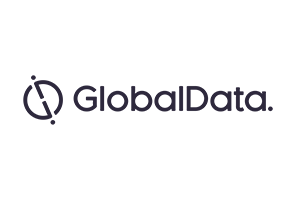There’s no miracle drug for acute heart failure (HF) and there probably won’t be one in the near future.
Currently there’s no truly evidence-based treatment for acute HF. Not only is this problematic for patients, but is also costing global healthcare systems billions each year, and with the increasing prevalence of HF globally, this cost is set to rise.
So why can’t we find an efficacious drug for acute HF patients? Drug developers are certainly trying, spurred by the large patient size and insufficient standard of care, which all equate to a potentially lucrative opportunity. However, drugs are continually failing at the late stages of development, which was most recently witnessed by an initially promising drug, Cardiorentis’ Ularitide.
But is “failing” the correct word? GlobalData believes the first issue is the high expectations set by drug developers, regulatory bodies and even physicians. All drugs in the acute HF pipeline are focussed on long term outcomes, with the unrealistic goal of improving 180 day mortality and hospital readmission rates, as well as relieving short-term symptoms.
It’s clear the benchmark has been set too high and that is part of the problem.
Despite the doom and gloom, there is a hope, but big pharma may not like what they hear: Instead of striving to develop a miracle drug, a stronger focus needs to be placed on developing a “miracle” treatment approach.

US Tariffs are shifting - will you react or anticipate?
Don’t let policy changes catch you off guard. Stay proactive with real-time data and expert analysis.
By GlobalDataWhy is Big Pharma in denial?
Such a “miracle” approach would firstly ensure chronic HF medications are reviewed upon admission and continued during the acute (hospitalization) phase, as directed in most HF guidelines.
Importantly, patients would be educated about their drug regimen either through a nurse- or pharmacist-led program, which has already shown promise in numerous single centre studies.
On top of this, follow-up appointments within 7-10 days post discharge would be scheduled to ensure the patient is monitored adequately. Finally, the efficacy of this approach would be assessed based on 30 day readmission or mortality rates, not on the over ambitious 180 day endpoints.
The only problem is, such an approach needs heavier funding. In addition, it’s easy to see why most drug developers would avoid this approach while testing a new drug – what if the control group had the same improved outcomes as the test group?
After all, it’s not too far-fetched to believe that improved patient monitoring and education alone would lead to improved outcomes. Miracle is obviously not the word to describe such an approach, as this is the logical and guideline-directed way to treat such patients. However, gaining funding for such a patient-centric approach would be truly miraculous.




